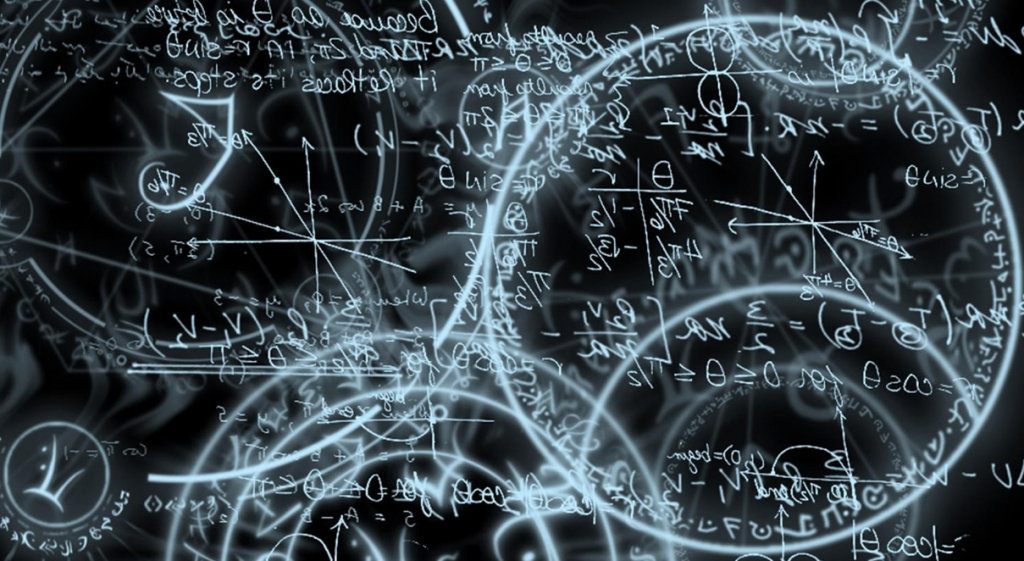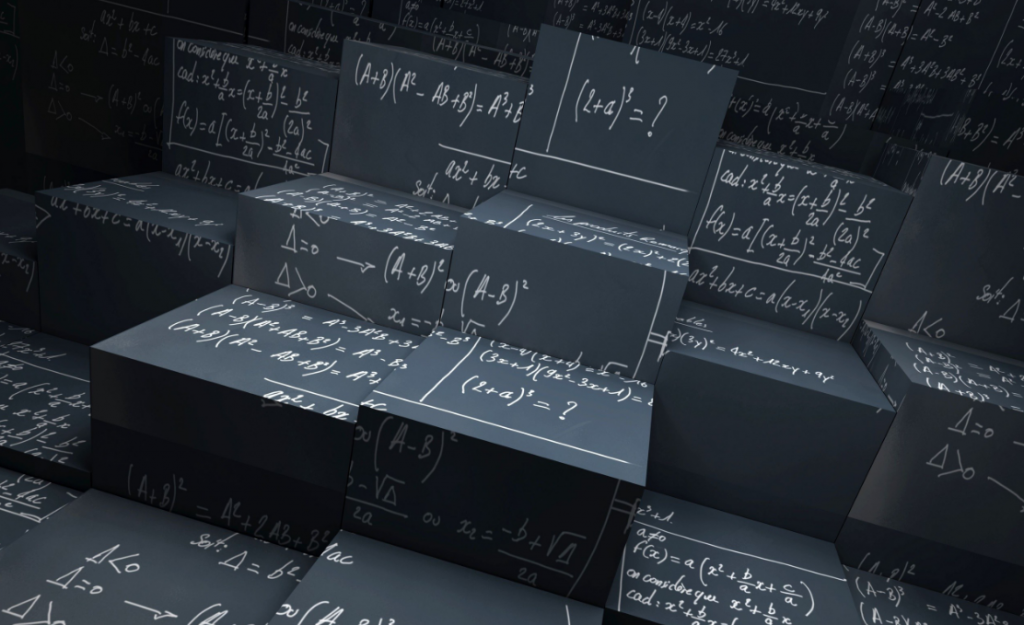Mathematics is an integral part of the school curriculum, and grade 7 is one of the most critical years in a student’s math education. Seventh-graders encounter challenging topics, including algebraic expressions, geometry, statistics, and probability.
It is important to have a clear understanding of the key concepts and skills required to succeed in grade 7 math. In this article, we will explore the essential math lessons in grade 7, sub-topics, and tips to excel in this subject.
Introduction to grade 7 math curriculum
Grade 7 math marks a major transition as it introduces students to advanced concepts beyond basic arithmetic. In this grade, students learn to apply mathematical skills and concepts beyond computation to solve real-world problems.
The curriculum is designed to provide students with a strong foundation in algebraic thinking, geometric concepts, and statistical reasoning.
Overview of the grade 7 math syllabus
The grade 7 math curriculum covers a broad range of topics that build on the fundamental concepts learned in earlier grades. It includes algebraic concepts and equations, geometry and spatial reasoning, and statistics and probability. Students will learn how to apply these concepts to solve problems that involve a variety of real-life situations.
Importance of math education in middle school
Math education is critical during middle school as it provides students with the necessary skills to tackle complex concepts in high school and beyond. Math proficiency is essential for success in various fields, including science, technology, engineering, and mathematics (STEM). It also helps develop essential skills such as logical thinking, problem-solving, and critical analysis, which are valuable in all aspects of life.
Understanding Algebraic Concepts and Equations
Algebra marks a significant shift in mathematics as students begin to understand the language of mathematical relationships. Here are some of the key algebraic concepts and equations students will learn in grade 7:
Introduction to algebraic expressions
Students will learn to represent mathematical relationships using symbols and algebraic expressions. They will also learn to identify the parts of an expression, such as coefficients, variables, and constants.
Solving single-variable equations
Students using ripetizioni di matematica online will learn to solve linear equations in one variable using inverse operations. They will also learn to solve word problems that involve linear equations.
Graphing linear equations on the coordinate plane
Students will learn to graph linear equations on the coordinate plane and interpret the meaning of the slope and intercept of the line.
Geometry and Spatial Reasoning
Geometry involves the study of shapes, sizes, positions, and dimensions of objects. Here are some of the key geometry concepts and skills students will learn in grade 7:
Properties of 2D and 3D shapes
Students will learn the properties of various 2D and 3D shapes, such as triangles, quadrilaterals, cubes, and cylinders.
Calculating perimeter, area, and volume
Students will learn to calculate the perimeter, area, and volume of 2D and 3D shapes, as well as understand their applications in the real world.
Angles and angle relationships
Students will learn to identify and measure angles, including complementary, supplementary, and alternate angles. They will also learn to use angle relationships to solve problems.
Statistics and Probability
Statistics and probability involve analyzing data and making predictions based on the likelihood of an event occurring. In grade 7, students will learn the following concepts:
Collecting and interpreting data
Students will learn to collect, organize, and display data using various measures of central tendency, such as mean, median, and mode. They will also learn to interpret data using graphs, charts, and tables.
Measures of central tendency and variability
Students will learn to calculate measures of variability, such as range and standard deviation, and how they can be used to describe and compare data sets.
Probability concepts and applications
Students will learn the basic concepts of probability, including experimental and theoretical probability, and apply them to solve problems in real-life situations. They will also learn to calculate the probability of simple and compound events using tree diagrams and tables.
Ratios, Proportions, and Percentages
In grade 7 math, students will learn about ratios, proportions, and percentages. Understanding ratios and proportions is important since they are used to compare quantities in real-life situations. Students will learn how to solve problems using ratios and proportions, such as finding the missing value in a proportion or determining the proportion of a mixture. They will also learn how to calculate percentages and apply them to real-life scenarios, such as calculating discounts, taxes, and tips.
Number Systems and Operations
Another important topic in grade 7 math is number systems and operations. Students will learn about rational and irrational numbers, including their properties and how to compare and order them. They will also learn the operations with integers and rational numbers, such as addition, subtraction, multiplication, and division.
Exponents and scientific notation will also be covered, which are useful in representing very large or very small numbers.
Problem Solving Skills in Math
Developing problem-solving skills is a crucial aspect of grade 7 math. Students will learn how to develop problem-solving strategies, such as understanding the problem, making a plan, carrying out the plan, and evaluating the solution. They will also learn how to break down complex problems into manageable steps and reflect on their problem-solving approaches to learn from their mistakes.
Tips for Success in Grade 7 Math
To succeed in grade 7 math, students should stay organized and keep up with their assignments. Participating in class and seeking help when needed is also important since math concepts can build upon each other.
Regular practice of math skills and applying them to real-life scenarios, such as calculating measurements or interpreting data, can also help reinforce understanding and make math more relevant.In conclusion, grade 7 math is a crucial stage in a student’s mathematical journey.
The topics covered in this article are the fundamentals of grade 7 math, and mastering them is a prerequisite for success in this subject. It is essential to develop a solid foundation in math by practicing regularly, seeking help when needed, and staying organized. With dedication and perseverance, students can achieve their goals and set themselves up for success in future math courses.

Frequently Asked Questions
What are the key math lessons in grade 7?
The key math lessons in grade 7 include algebraic concepts and equations, geometry and spatial reasoning, statistics and probability, ratios, proportions and percentages, number systems and operations, and problem-solving skills.
How can I prepare for grade 7 math?
To prepare for grade 7 math, it is essential to practice regularly, stay organized, and seek help when needed. You can also review fundamental math concepts from previous grades and work on building a solid foundation in math.
What are some tips for success in grade 7 math?
Some tips for success in grade 7 math include staying organized and keeping up with assignments, participating in class and asking questions, practicing math skills regularly, and applying them to real-life scenarios.
Why is math education in middle school important?
Math education in middle school is crucial as it lays the foundation for more advanced math courses in high school and beyond. It also helps students develop critical thinking, problem-solving, and analytical skills that are valuable in different areas of life, including science, technology, engineering, and mathematics (STEM) careers.

